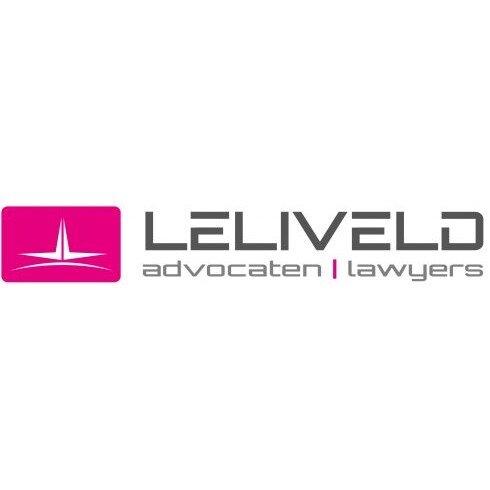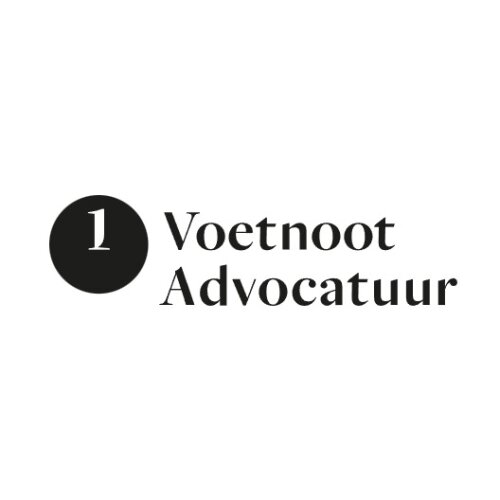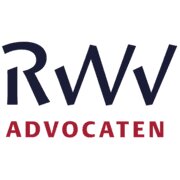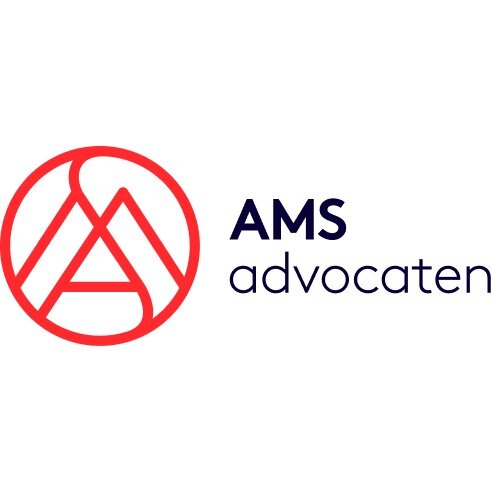Best Art & Cultural Property Law Lawyers in Netherlands
Share your needs with us, get contacted by law firms.
Free. Takes 2 min.
Or refine your search by selecting a city:
List of the best lawyers in Netherlands
About Art & Cultural Property Law in Netherlands
Art & Cultural Property Law in the Netherlands is a legal field that addresses issues related to the ownership, transfer, and protection of artwork and cultural heritage. The legal framework is influenced by both national and international laws and is designed to safeguard cultural heritage and ensure lawful transactions in the art market. The Netherlands, with its rich cultural history, places great emphasis on the preservation and ethical management of its cultural assets.
Why You May Need a Lawyer
There are several situations where individuals or organizations may require legal assistance in Art & Cultural Property Law:
- Disputes over ownership or provenance of art pieces.
- Legal issues arising from the sale or purchase of artwork.
- Assistance with the restitution of cultural property, especially regarding artworks displaced during war times.
- Matters concerning the export or import of culturally significant items.
- Dealing with cases of art theft or fraudulent art transactions.
- Compliance with local and international laws governing cultural heritage protection.
Local Laws Overview
Key aspects of local laws relevant to Art & Cultural Property Law in the Netherlands include:
- The Heritage Act (Erfgoedwet), which provides a comprehensive framework for the protection and management of cultural heritage.
- Laws governing the legal transfer and restitution of art and cultural objects, including those related to war-time spoliation.
- Regulations concerning the export and import of cultural goods, in line with EU directives and international treaties.
- The role of national museums and institutions in preserving cultural property and providing provenance research.
Frequently Asked Questions
What constitutes cultural property under Dutch law?
Cultural property generally includes artworks, antiquities, manuscripts, and other objects of historical, artistic, or scientific significance, as defined under the national Heritage Act.
How can I verify the provenance of an artwork?
It is advisable to consult detailed provenance research often available through institutional databases, galleries, and professional art dealers. Legal professionals specializing in art law can also assist in these matters.
What should I do if I believe I have a legal claim to a cultural object?
You should consult with a lawyer experienced in art law, who can help assess and pursue your claim under the relevant legal provisions, both in the Netherlands and internationally.
Are there tax implications related to art ownership in the Netherlands?
Yes, owning or transferring art can have tax implications concerning inheritance, value-added tax, and possible exemptions under certain conditions. Consulting a tax advisor or legal expert is advisable.
What is the procedure for exporting an artwork from the Netherlands?
You may need to obtain an export license, especially if the item is classified as a national treasure. Regulations vary based on the age, value, and cultural significance of the item.
Can a private seller legal purchase antiquities in the Netherlands?
Yes, but due diligence is required to ensure the legality of the purchase and adherence to international conventions on cultural property protection.
How are disputes in the inheritance of artworks resolved?
Such disputes are typically resolved through mediation, arbitration, or litigation, and legal counsel is recommended to navigate complex inheritance laws and agreements.
What should I do if an artwork I own is stolen?
Report the theft to local authorities immediately and provide detailed information. Registration with international stolen art databases can assist in recovery efforts.
What role do museums play in cultural property disputes?
Museums often assist in provenance research and may be involved in restitution cases, providing expertise and serving as mediators.
How is cultural property law enforced in the Netherlands?
Enforcement is carried out through government bodies, legal institutions, and international cooperation with organizations such as UNESCO and Interpol.
Additional Resources
Here are some resources, governmental bodies, and organizations that may be helpful:
- The Netherlands Institute for Cultural Heritage (Erfgoed Nederland)
- The Dutch Restitutions Committee (Restitutiecommissie)
- Ministry of Education, Culture, and Science (Ministerie van Onderwijs, Cultuur en Wetenschap)
- UNESCO’s cultural heritage protection guidelines
- International Council of Museums (ICOM) Netherlands
Next Steps
If you need legal assistance in Art & Cultural Property Law, consider the following steps:
- Research and consult with a lawyer or law firm specializing in this field. Ensure they have experience with similar cases.
- Gather all relevant documentation regarding your case, such as provenance records, sales agreements, or export licenses.
- Reach out to professional organizations for referrals to trusted legal professionals.
- Consider seeking advice from governmental bodies or professional associations that deal with cultural heritage.
Taking prompt and informed action is critical to effectively addressing legal issues in art and cultural property law.
Lawzana helps you find the best lawyers and law firms in Netherlands through a curated and pre-screened list of qualified legal professionals. Our platform offers rankings and detailed profiles of attorneys and law firms, allowing you to compare based on practice areas, including Art & Cultural Property Law, experience, and client feedback.
Each profile includes a description of the firm's areas of practice, client reviews, team members and partners, year of establishment, spoken languages, office locations, contact information, social media presence, and any published articles or resources. Most firms on our platform speak English and are experienced in both local and international legal matters.
Get a quote from top-rated law firms in Netherlands — quickly, securely, and without unnecessary hassle.
Disclaimer:
The information provided on this page is for general informational purposes only and does not constitute legal advice. While we strive to ensure the accuracy and relevance of the content, legal information may change over time, and interpretations of the law can vary. You should always consult with a qualified legal professional for advice specific to your situation.
We disclaim all liability for actions taken or not taken based on the content of this page. If you believe any information is incorrect or outdated, please contact us, and we will review and update it where appropriate.
Browse art & cultural property law law firms by city in Netherlands
Refine your search by selecting a city.















